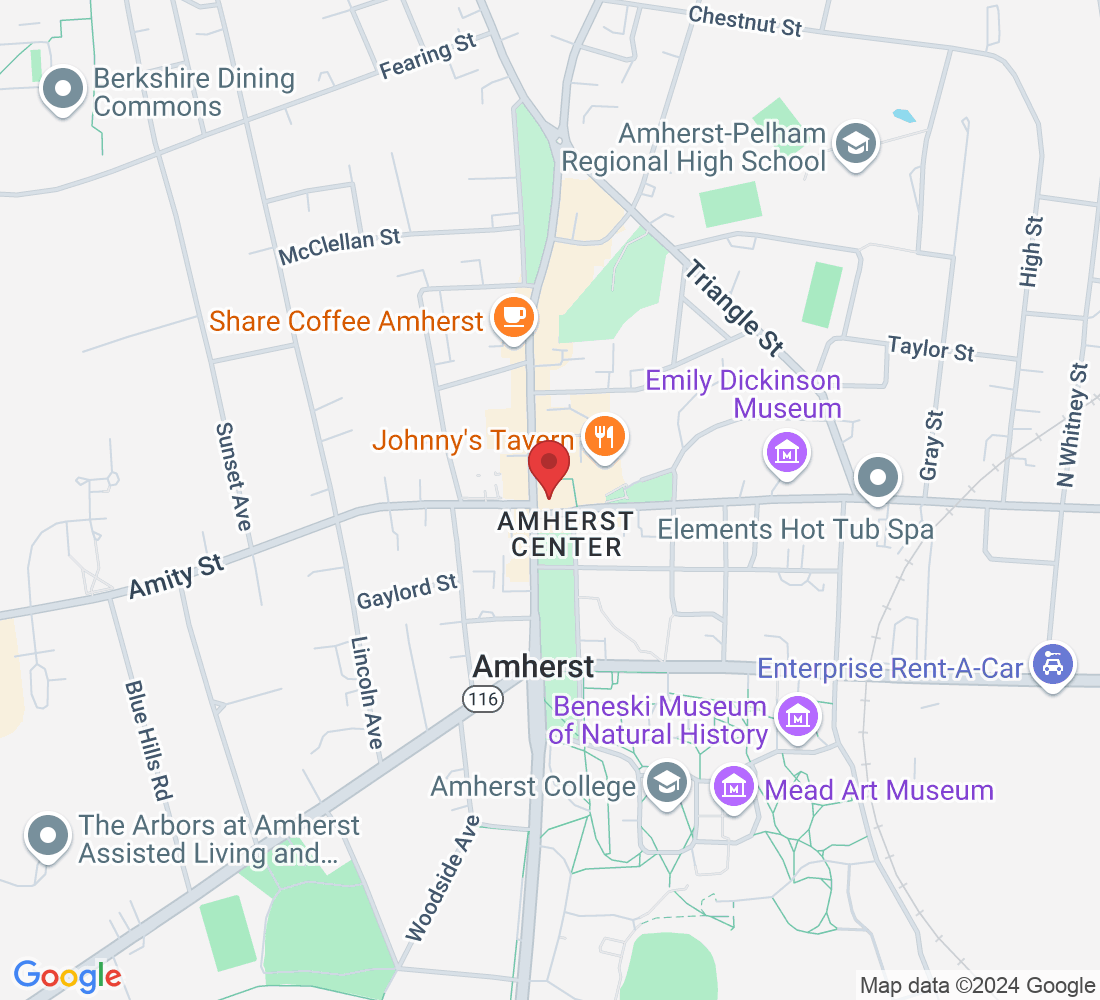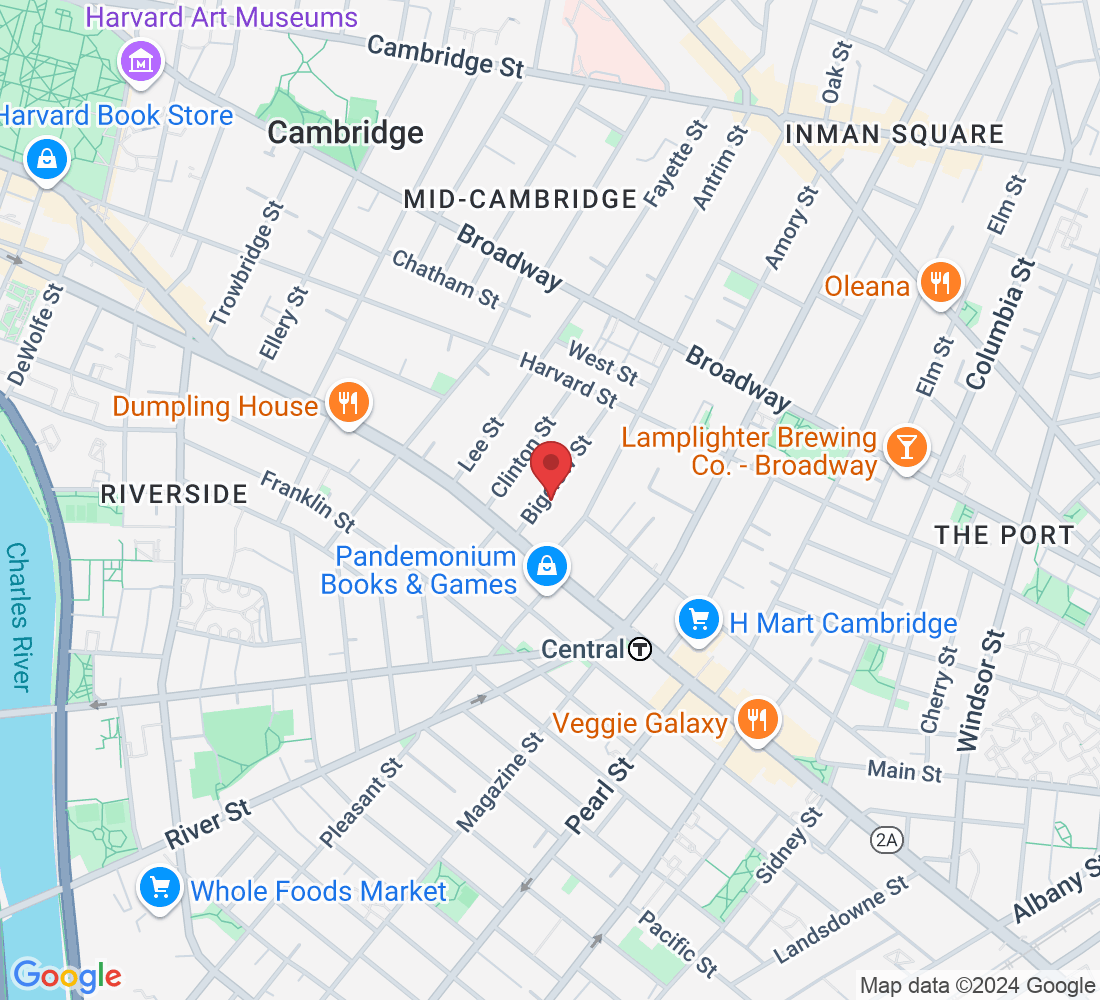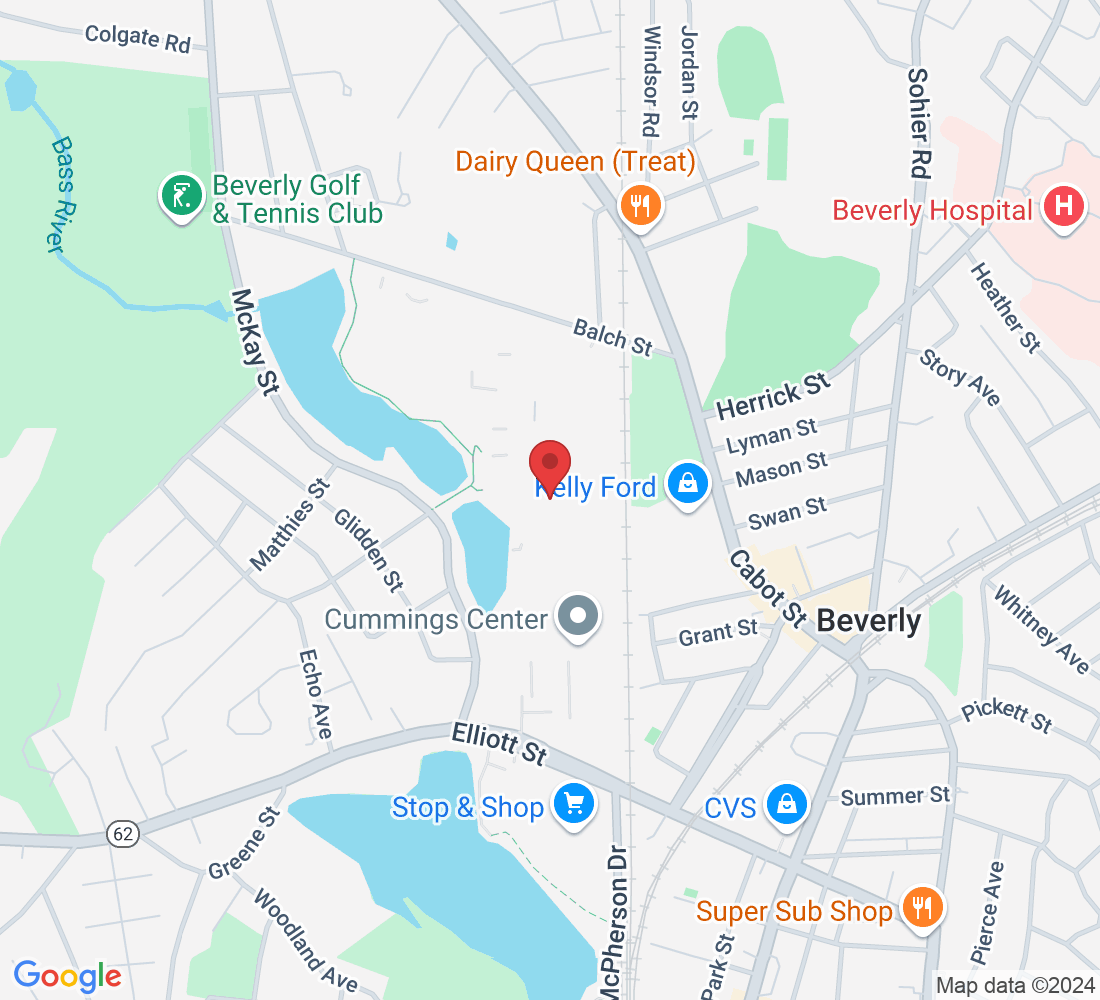Ketamine Therapy
Transforming Lives with Ketamine Infusion Therapy and Spravato
Ketamine Therapy is revolutionizing the treatment of various mental health conditions. It’s not just another medication; it’s a groundbreaking approach that has shown remarkable success in rapidly alleviating symptoms where traditional treatments have fallen short.
A Track Record of Success
At Cambridge Biotherapies™, we’ve seen over a 70% success rate in our treatments. Our experienced team has helped more than 1,000 patients, offering new hope and relief through this innovative therapy.
Personalized Care for Maximum Impact
Every patient’s journey is unique, and so is our approach. We tailor the Ketamine Infusion Therapy to your specific needs, ensuring the most effective and compassionate care.
Your First Step Towards Healing
If you’re struggling with conditions like depression, anxiety, PTSD, and many others, Ketamine Therapy might be your turning point. Schedule a consultation with us to explore how this therapy can be part of your path to wellness.
Request an Appointment Today
*By submitting this form, you consent to receive SMS messages and/or emails from our company. To unsubscribe, follow the instructions provided in our communications. Msg & data rates may apply for SMS. Your information is secure and will not be sold to third parties.
Ketamine at Cambridge Biotherapies™
Ketamine is an extremely effective and fast-acting antidepressant in Boston, MA, that can provide dramatic relief from depression and anxiety, sometimes in a matter of hours.
Unlike traditional antidepressants, ketamine can offer fast relief from negative thoughts like shame, fear, and the desire to harm oneself. It does this by inhibiting a part of the brain referred to as the “anti-reward network.” When this self-critical part of the brain is quieted, it becomes easier to break old patterns of thinking and behavior that lead to depression and anxiety.
But ketamine also has the remarkable effect of stimulating the brain to strengthen healthy connections between neurons. When these connections are strengthened, we are better able to manage strong emotions, and can more easily change our behavior in adaptive ways.


Why Try Ketamine Therapy?
Ketamine acts very differently from traditional antidepressants like SSRIs, which can take weeks or months to provide relief, and which often produce unpleasant side effects. Unlike these medications, ketamine does not remain in the body between treatments, so side effects like sexual dysfunction or sleep disturbances do not occur. Rather, ketamine stimulates the brain to make changes on its own by triggering a natural cascade of neurological growth and connection.
For many people, the benefits of ketamine therapy can last weeks or months, while intermittent booster treatments can help others maintain the benefits over the long term.
Ketamine interacts with multiple aspects of our psychology and physiology. While there is still much to be understood about how ketamine works, research in Boston, MA indicates the following factors play an enormous role in ketamine’s healing effects.
What is Spravato™?
Spravato™ (esketamine) is a groundbreaking prescription nasal spray designed to treat adults with treatment-resistant depression. It is the first FDA-approved medication of its kind, offering a novel approach to mental health treatment. Unlike traditional antidepressants that primarily target serotonin, Spravato™ acts on the NMDA receptor in the brain, influencing glutamate, a neurotransmitter involved in mood regulation. This distinct mechanism of action helps alleviate depressive symptoms more rapidly and effectively for those who have not found relief with conventional therapies.
Spravato™ is often used in conjunction with an oral antidepressant to enhance its efficacy. The treatment involves the patient self-administering the nasal spray under the supervision of a healthcare professional in a clinical setting. This ensures both safety and proper monitoring during the process.
The introduction of Spravato™ represents a significant advancement in the field of depression treatment, particularly for individuals who have struggled to find relief through other means. Its ability to work through a different pathway in the brain provides new hope and potential for rapid improvement in depressive symptoms.
At Cambridge Biotherapies, we are committed to offering innovative treatments like Spravato™ to help our patients achieve better mental health outcomes. Our experienced team is dedicated to providing the highest level of care and support throughout your treatment journey.
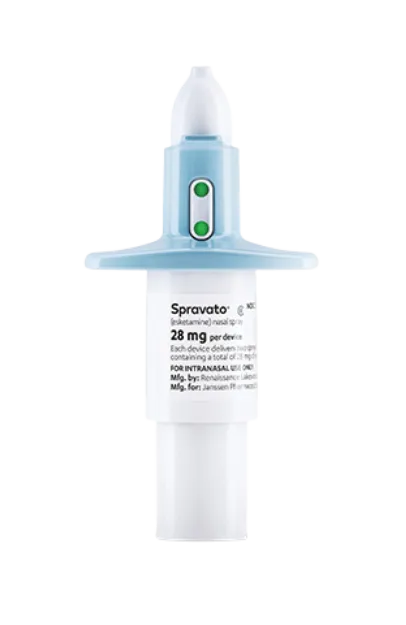
Condition Ketamine Can Help Treat



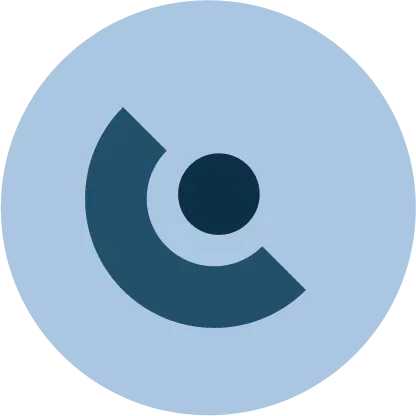
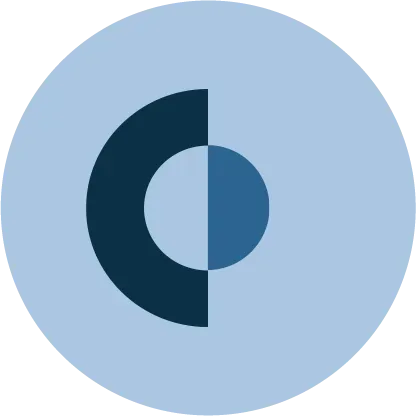

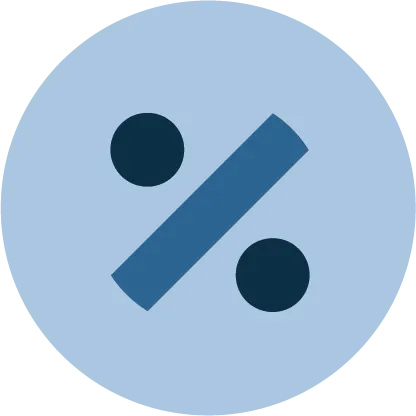
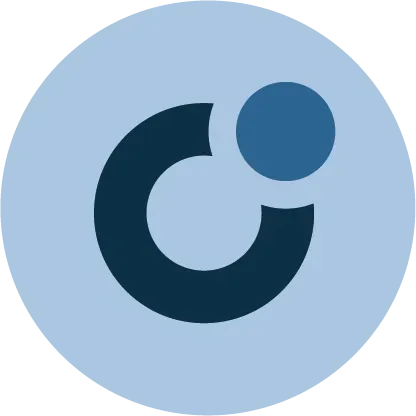
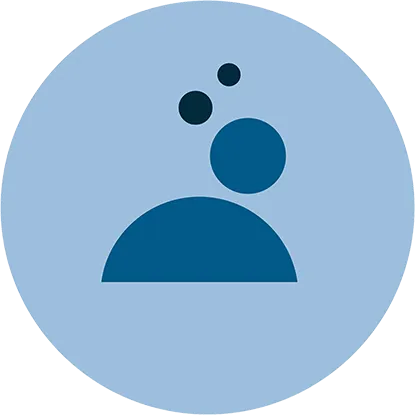

How Does Ketamine Work?
Brain Regions and Chemicals to Know

Glutamate
A prominent neurotransmitter in the brain. Glutamate is now strongly associated with mood disorders. It is partly responsible for memory, learning, and mood regulation.

NMDAr
While this glutamate receptor and ion channel has many different roles, researchers have implicated it in mental health issues. Overactive NMDArs are associated with heightened depression and general distress.

AMPAr
This receptor is suspected to be primarily responsible for instigating neural plasticity in excitatory transmission. It is a key region of stimulation regarding ketamine’s healing properties.

BDNF
Brain-derived neurotrophic factor signals new neural growth in the brain and is released when glutamate stimulates the AMPA receptor.

mTOR
The mammalian target of rapamycin complex 1 (mTOR) is a signaling pathway that regulates new neural growth. Its stimulation is associated with the effects of BDNF.

Lateral Habenula
The lateral habenula is a brain region largely responsible for our interpreting and predicting negative consequences. Those with depression and anxiety show an overactivity of burst firing in the lateral habenula.
As a non-competitive NMDA antagonist, ketamine prevents glutamate from activating the NMDA receptor. Recent evidence points to ketamine’s inhibitory effects on the NMDA receptor in the lateral habenula. The lateral habenula is a brain region largely responsible for encoding negative or anti-reward cause-and-effect relationships. Those with depression and anxiety show an overactivity of burst firing in the lateral habenula.
The inhibition of the NMDA receptor may cause a build-up of free glutamate, which then activates the AMPA receptors. Heightened AMPA receptor activity is associated with the release of brain-derived neurotrophic factor, a chemical largely responsible for new neural growth. This new growth may reroute the brain from hyperactive areas associated with negative reward signals, thereby providing long-term relief from mental health conditions.
Infusion Appointment Flow
Arrival Time
Check-in, verify insurance/payment info
Verify no eating in prior 2 hrs + no liquids in prior 30 min
Set Up & Medicine Administration (20 Min)
Get settled in treatment room
Review Plan for the Session, Q&A
Vitals Check
Intention Setting / Re-presencing
Administer Ketamine
Get Comfortable, Apply Eye Shades & Start Curated Music
Infusion (-40 Min)
Infusion starts and continues for 40 minutes
Recovery (0-30+ Min)
10-30 min + sitting, talking with infusion nurse, or listening to music, journaling or meditating
Herbal Tea, Water Available
Departure Time
No Driving or Operating Heavy Machinery
Medically cleared prior to departure

Interested in delving deeper into ketamine infusion therapy?
Explore our comprehensive, scholarly presentations on the subject here.



© 2024 Cambridge Biotherapies™. All rights reserved.


